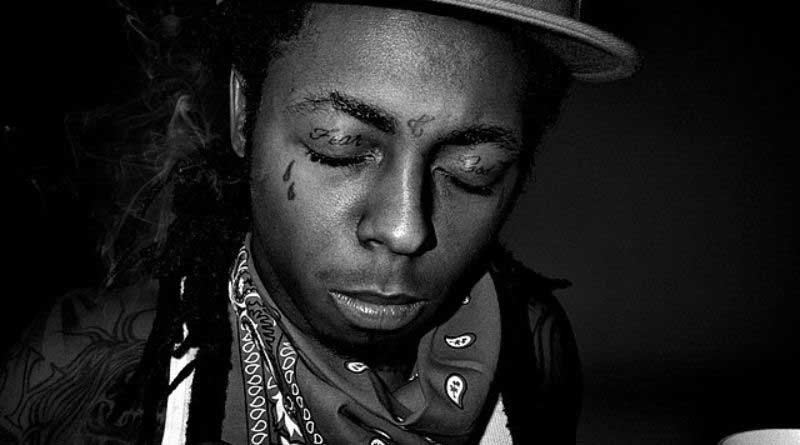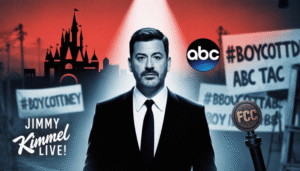
Lil Wayne, a name synonymous with rap brilliance, has left an indelible mark on the music landscape. Join me as we embark on a journey through the captivating life of this lyrical virtuoso, from his roots in Hollygrove to his status as a global hip-hop icon.
Dwayne Michael Carter Jr., known to the world as Lil Wayne, exhibited an extraordinary talent that surfaced at a tender age. Born in 1982, he caught the attention of local rapper Birdman at just 8 years old. Signed to Cash Money Records by the age of 11, Lil Wayne’s inclusion in the Hot Boys group thrust him into the limelight. Anthems like “Bling Bling” and “Tha Block Is Hot” showcased his raw talent, marking the emergence of a new force in hip-hop.
Adolescence to Triumph: The Carter Chronicles
Navigating the complexities of adolescence and superstardom, Lil Wayne’s debut solo album, “Tha Carter,” solidified his solo artist status. The “Weezy F Baby” persona emerged, characterized by wealth flaunting and boundary-pushing lyricism. Classics like “Go DJ” and “A Milli” underscored his effortless flow and infectious swagger.
Fearless in his experimentation, Lil Wayne embraced auto-tune controversy in 2008’s “Tha Carter III.” Repurposing the effect, he birthed a unique, melodic rap style. Global hits like “Lollipop” and “Got Money” blurred genre lines, sparking an auto-tune wave in hip-hop. Wayne’s audacious move, initially criticized, proved a masterstroke, cementing his role as a trendsetter.
Lil Wayne’s life, laden with controversies and legal battles, remained anchored by his music. Albums like “I Am Not a Human Being” and “Rebirth” unveiled a darker, introspective side, while “Tha Carter IV” and “Free Weezy F Baby” marked his commercial resurgence.
Enduring Legacy: Lyrical Titan and Cultural Force
Beyond chart-toppers and record-breaking mixtapes, Lil Wayne’s influence as a lyrical innovator and cultural icon is profound. His flamboyant style and Southern swagger shaped the very language of hip-hop. A savvy businessman, Wayne built an empire through record labels and entrepreneurial ventures.
Lil Wayne transcends the label of a rap legend; he is a father, philanthropist, and advocate for mental health awareness. Openly sharing his struggles, he challenges stigmas surrounding addiction and mental health. Committed to his community, Wayne supports educational initiatives, giving back to his New Orleans roots.
At 41, Lil Wayne remains an unstoppable force, releasing music, collaborating across genres, and advocating for social justice and mental health. “Tha Carter V” and “Funeral” showcase his evolution, reflecting on mortality, relationships, and the human spirit.
Unveiling Deeper Layers: A Call for Understanding
This article invites you to explore Lil Wayne’s world beyond the surface. Delve into his influences, dissect his intricate rhymes, and understand the man behind the persona. From Cash Money Records to UGK and Scarface, Lil Wayne’s journey is a tapestry of influences and experiences.
- Discography Dive: Explore the evolution from “Tha Block Is Hot” to the introspection of “I Am Not a Human Being” and the storytelling in “Tha Carter V.”
- Mixtape Legends: Legendary tapes like “Da Drought 3” and “Dedication 2” showcase Wayne’s raw talent and experimental spirit.
- Collaborative Versatility: Collaborations with Jay-Z, Drake, Nicki Minaj, and Future highlight Wayne’s versatility.
- Philanthropic Footprints: Wayne’s commitment to Hollygrove Foundation and mental health initiatives paints a picture of a caring community contributor.
Lil Wayne’s journey unfolds, inspiring new generations and advocating for positive change. As he shapes the next chapters of his career, one thing remains certain: Lil Wayne’s impact on hip-hop and popular culture will echo for years. So, the next time you hear a Lil Wayne verse, remember, you’re not just listening to a rapper; you’re witnessing the legacy of a lyrical phenomenon, a cultural icon, and a man still scripting his story, one rhyme at a time.



